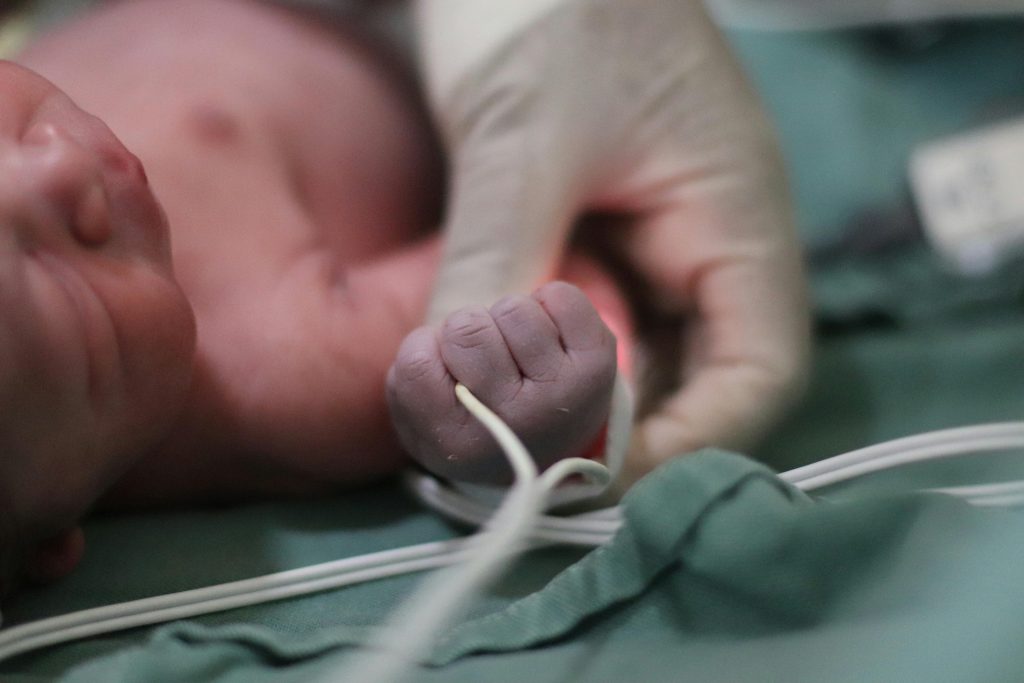2025-10-19 / News

© Pexels
Infections remain a serious threat for newborns, especially those born preterm and requiring intensive care. Neonatal sepsis and other bacterial infections can lead to long-term complications or even death if not treated properly. In recent years, some studies have suggested shortening antibiotic treatment or switching from intravenous to oral antibiotics sooner. While these ideas aim to reduce antibiotic overuse, they often rely on limited evidence and may overlook important safety concerns. This perspective article reviews why caution is needed before changing current treatment practices and stresses the importance of parental involvement in decisions about care. The findings highlight the need for safe and responsible antibiotic use in the neonatal intensive care unit (NICU).
Antibiotics are vital for protecting newborns from dangerous infections. However, their use in neonatal intensive care requires careful consideration. While overuse can contribute to antibiotic resistance and other complications, under-treatment puts infants at risk of life-threatening conditions. The challenge lies in finding the right balance.
The article examines recent observational studies that recommend shorter antibiotic courses or early transition from intravenous to oral antibiotics for newborns with suspected or confirmed infections. These studies, however, often lack standardised definitions, include diverse infection types in a single group, and are conducted without parental consent. Such limitations raise concerns about the reliability of the findings and their potential impact on vulnerable infants.
Evidence-based guidelines, such as those from the American Academy of Pediatrics, provide a framework for safe treatment of neonatal infections. Departures from these recommendations, if not backed by robust research, can increase risks for infants, especially those born very preterm, who have immature immune systems. The article stresses that newborns, and particularly preterm infants, cannot be treated as smaller versions of older children or adults. Their unique vulnerabilities must be recognised.
Additional results show that both early- and late-onset sepsis remain major health challenges worldwide. Very low birth weight infants are at much higher risk, and survival rates are strongly linked to gestational age. Importantly, many neonatal infections cannot be reliably confirmed by blood cultures, meaning that stopping antibiotics too early could leave serious infections untreated.
For parents, the key message is that antibiotics should neither be overused nor withheld when they are truly needed. Antibiotic stewardship programmes can safely reduce unnecessary exposure while ensuring effective treatment. Measures such as using sepsis risk calculators or automatic stop alerts have shown promise in lowering inappropriate antibiotic use without harming infants. Still, the authors caution that stewardship must always prioritise safety over speed.
This article emphasises that any changes to antibiotic treatment for newborns should be introduced with great care, clear definitions, and full parental involvement. For families and healthcare providers alike, the priority remains the same: protecting the health and future of every newborn through safe, evidence-based care.
Paper available at: Investigating antibiotics in the NICU and patient safety – PubMed
Full list of authors: Lawrence, S.M.; Wynn, J.L.; Kimberlin, D.W.; Cantey, J.B.
You are currently viewing a placeholder content from Facebook. To access the actual content, click the button below. Please note that doing so will share data with third-party providers.
More InformationYou are currently viewing a placeholder content from Instagram. To access the actual content, click the button below. Please note that doing so will share data with third-party providers.
More InformationYou are currently viewing a placeholder content from X. To access the actual content, click the button below. Please note that doing so will share data with third-party providers.
More Information